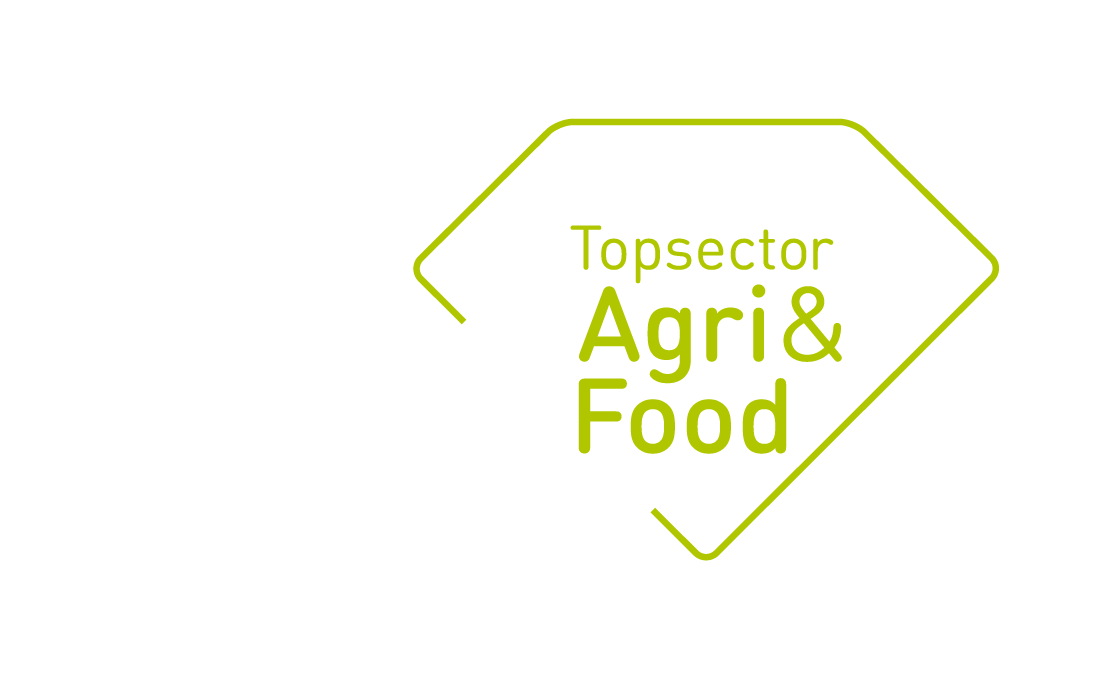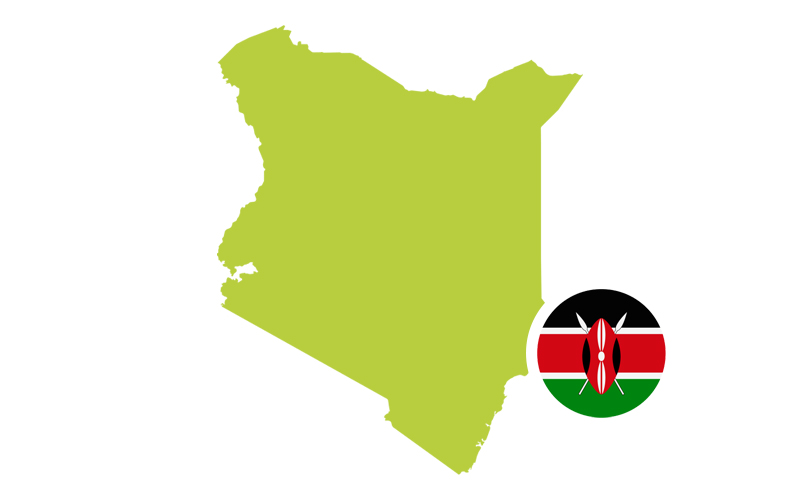Project title: Elephant grass production in Kenya and valorization towards fodder and biobased packaging materials, for a more sustainable and circular dairy system
Project number: SMP-2031
Requesting country: Kenya
Year: 2020
Budget: € 40,000
Project leader: Remco Kranendonk
Knowledge institute: Wageningen University & Research
Project partners: Egerton University, Embassy of the Netherlands, JKUAT University Nairobi, Laki Laki Dairy Products, Quercus Group Kenia, Risa Farm Rimuru
According Rufino et al (2019) the production of Elephant grass (Napier grass and/or Miscanthus) can be key for enhanced agricultural production and reduction of greenhouse gas emissions in east Africa. The crop:
- Can be an alternative for the present free range grazing in natural forests as practiced by many small farmers, and doing damage to the ecosystem
- Can be used as high quality fodder (roughage) for enhanced dairy production and also partially be used as a feedstock in a biological refinery in order to produce biobased
materials such as charcoal substitutes and packaging material - Is able to reduce methane emissions from ruminants. Fulfill the dietary needs of dairy cows and enhance milk production
- Is fast growing, easy to grow, nutrient efficient and able to capture large amounts of carbon.
The introduction of elephant grass could therefore mitigate a number of stress factors in the present system:
- Due to high growth rates in population there will be less land available. Farms become even smaller and the land is constantly worked. The land use intensification leads to
land degradation and resulting lower yields. - Farmers do not earn enough for a sustainable income. They cannot afford modern crops and fertilizers and do not escape the poverty trap
- Environmental pressure from cattle grazing in forests can be mitigated by keeping cattle on permanent pasture and collecting manure in a stable or corral.
The project aims to set up a business case for growing and valorization of Elephant grass for applications in feed and packaging materials. The project will explore this businesscase, but has also
the ambition to contribute to improving the dairy production system in Kenia in the direction of circular farming, to find alternatives for unsustainable practices as grazing cows in woodlands
Deel dit bericht


